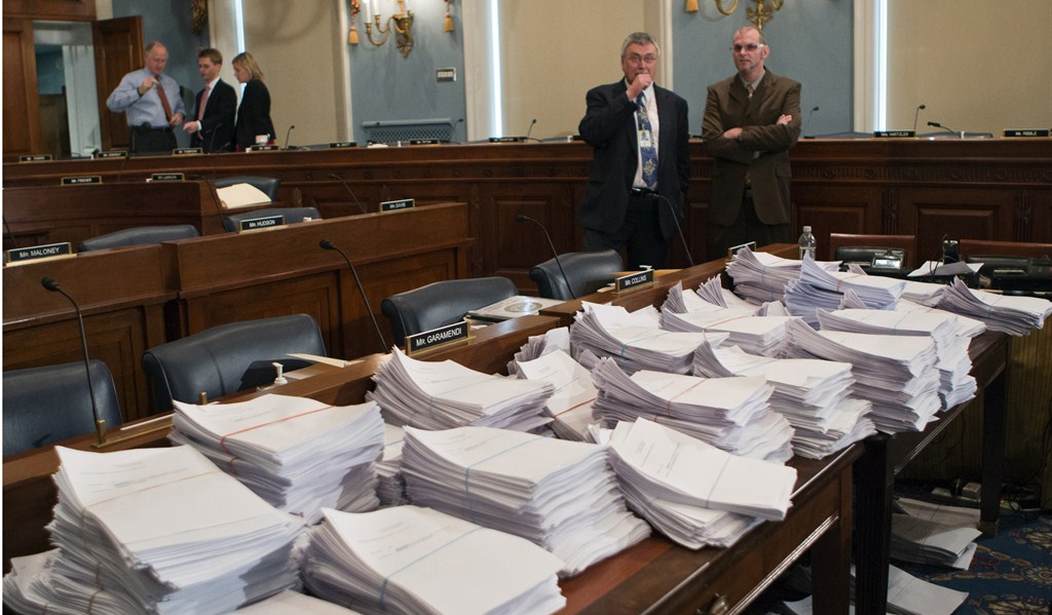Jayson Lusk, professor of agricultural economics at Oklahoma State University, has pushed for separating out the food stamp program - which makes up the largest part of the farm bill, by far - from the rest of the agricultural policy. As Lusk says,
Although I realize it is probably politically infeasible (although perhaps less so given recent developments), it would seem to make some sense to me to separate the components of the farm bill and see if they can stand on their own. Those advocating for food-stamp spending should make their case and put the money over in the Department of Health and Human Services. Those advocating for farm supports should make arguments with merits that stand on their own grounds.
Lusk finds that average Americans think that the majority of agricultural policy budget should go towards food safety and inspection rather than food stamps or farm support programs. This doesn't mean that average Americans are right about the topic, but it does raise interesting questions on what might happen if the bills were separated out.
Meanwhile, twelve fiscally-conservative taxpayers' advocacy groups have gone in on a group letter outlining what they've called the "terrible twelve" policies in the farm bill. Some of the lowlights:
Direct Payments. Taxpayers are lavishing billions of dollars on successful farm enterprises whether or not the farm is actually growing the crops for which they are receiving the subsidies or growing any crop at all.
Dairy Market Stabilization Plan (DMSP). The DMSP would impose government controls and regulations on the nation’s milk supply, penalize farmers for exceeding government milk production "quotas," artificially inflate the price of dairy products for families and drive the cost of federal food programs higher.
Target Prices. Government-set price targets—about 40% higher than the previous farm bill and in many cases higher than record levels seen between 2005 and 2010—would expose taxpayers to billions in payments if crop prices dip slightly.
Sugar Program. A small number of sugar producers receive enormous benefits, while the costs are spread across the U.S. economy, harming consumers, taxpayers, and the sweetener-using industries.
Recommended
Every policy that of the "terrible twelve" is worth reading about, and members of Congress would do well to study the farm bill in detail before reconsidering reauthorization.

























Join the conversation as a VIP Member